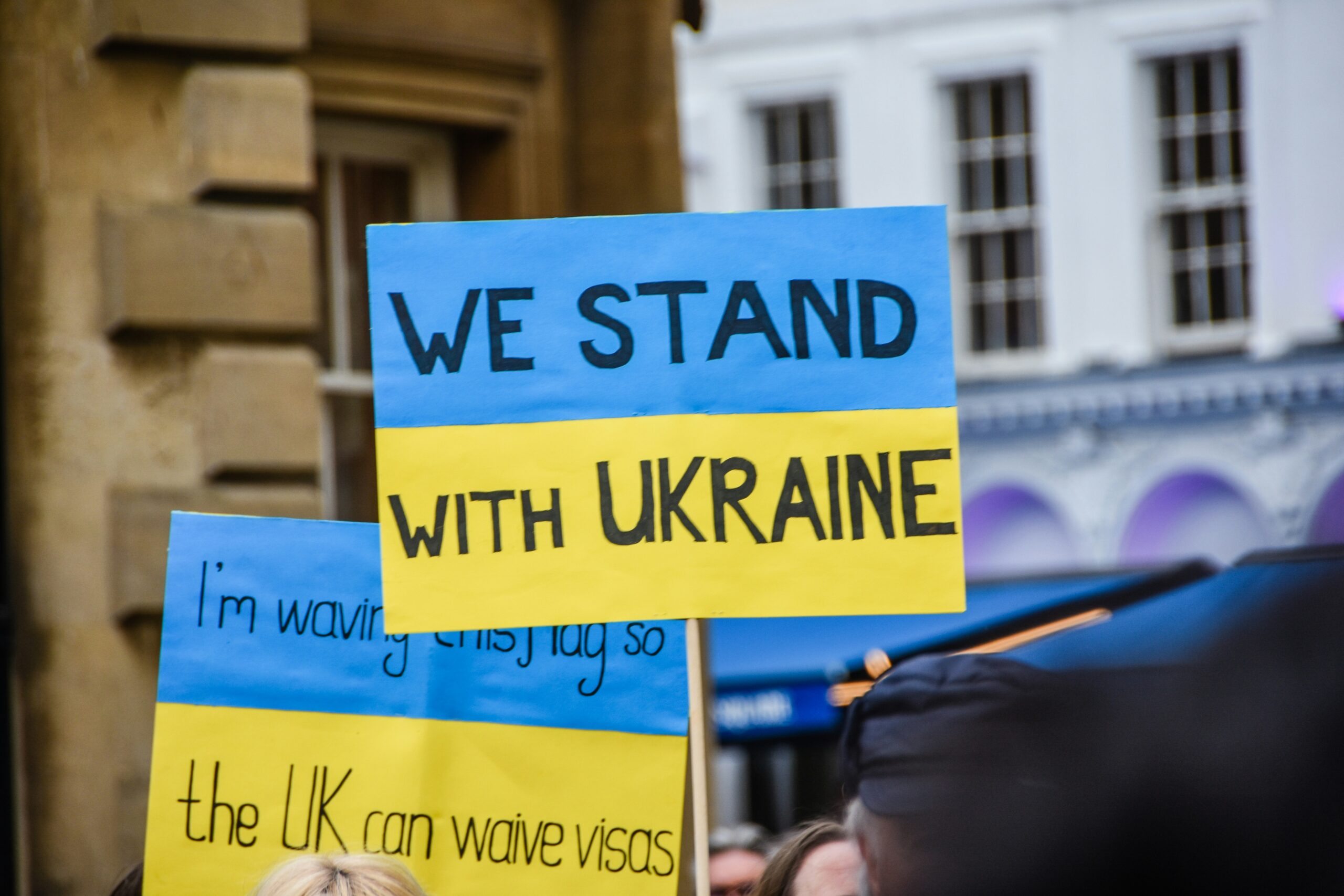
EU Emergency Talks Focus on Ukraine’s Role Amid Trump-Putin Summit in Alaska
As the world watches, European foreign ministers are urgently convening to strategize before a pivotal meeting between U.S. President Donald Trump and Russian President Vladimir Putin in Alaska this Friday. The central concern for Europe is the potential marginalization of Ukraine and the feared imposition of territorial compromises to conclude the ongoing Russia-Ukraine conflict, now in its fourth year.
Pre-Summit Diplomatic Rush
In a prelude to the Alaska summit, German Chancellor Friedrich Merz orchestrated a virtual meeting involving President Trump, Ukrainian President Volodymyr Zelenskyy, the NATO Secretary-General, and several European leaders. This assembly aimed to forge a consensus approach to the discussions in Alaska, underscoring the high stakes involved.
President Trump characterized his upcoming discussion with Putin as a ‘feel-out meeting’ with a clear goal: “I’m going to be telling him, you’ve got to end this war,” Trump declared. He also hinted at a possible future inclusion of President Zelenskyy in negotiations, adding a layer of complexity to the anticipated talks.
Europe’s Stance on Ukraine’s Sovereignty
The EU’s top diplomats, including leaders from France, Germany, Italy, Poland, Britain, Finland, and EU Commission chief Ursula von der Leyen, have been vocally supportive of Ukraine, emphasizing that any path to peace must actively involve Kyiv. “The path to peace in Ukraine cannot be decided without Ukraine,” they stated collectively in a pre-call statement.
Amidst these discussions, Zelenskyy has remained firm, rejecting any concessions that would lead to Russian annexation of Ukrainian territory or hinder Ukraine’s aspirations for NATO membership. This sentiment resonates strongly across European capitals, where leaders maintain that international borders cannot be altered by force.
Global Diplomatic Dynamics
EU’s top diplomat Kaja Kallas remarked on the significant leverage the U.S. holds in compelling Russia to engage sincerely in negotiations, stressing the necessity for any U.S.-Russia agreement to include both Ukraine and the EU to ensure comprehensive regional security.
Reflecting Europe’s apprehensive yet hopeful outlook, Polish Prime Minister Donald Tusk acknowledged the U.S.’s commitment to consulting with Europe, expressing a mix of ‘fears and hope’ ahead of the Trump-Putin dialogue. Similarly, British Prime Minister Keir Starmer supported Trump’s initiative to end the conflict, provided that the terms are not unilaterally imposed.
Military Tensions and Ongoing Conflict
Parallel to these diplomatic efforts, military tensions remain escalated. Ukraine reported targeting a facility in Russia’s Nizhny Novgorod region, which is significant in producing missile components, resulting in casualties. Russia’s response has been robust, with claims of intercepting numerous Ukrainian drones and asserting control over strategic locations in eastern Ukraine.
The intensification of military operations underscores the urgent need for a diplomatic breakthrough, which the upcoming Alaska summit might catalyze or complicate depending on the outcomes negotiated between Presidents Trump and Putin.
Conclusion
The forthcoming Trump-Putin meeting in Alaska not only holds the potential to pivot the course of the Ukraine conflict but also tests the resilience of international diplomatic frameworks and the unity of European resolve in foreign policy. As the situation evolves, the global community remains anxious yet hopeful for a peaceful resolution that respects Ukraine’s sovereignty and regional stability.


